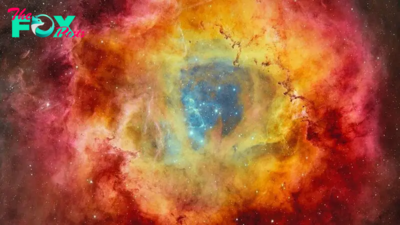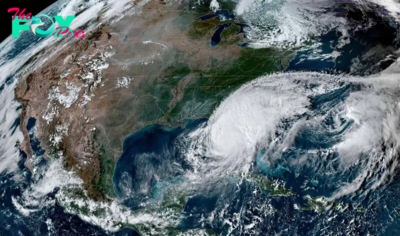Science
SpaceX's Falcon 9 rocket grounded for the 3rd time in 3 months following 'off-nominal' crash-landing in the ocean
SpaceX's iconic Falcon 9 rockets have been grounded for the third time in the last three months after part of the rocket uncontrollably crash-landed in the ocean.
The rocket was carrying a capsule to be used in the "rescue mission" that will eventually bring home the astronauts who have been stranded on the International Space Station (ISS) since June. The capsule itself made it to the ISS as planned, but other issues with the mission have prompted an investigation.
At 1:17 p.m. EDT on Saturday (Sept. 28), SpaceX launched a Falcon 9 rocket from Florida's Cape Canaveral Space Force Station. The rocket was carrying two astronauts — NASA's Nick Hague and Russian cosmonaut Aleksandr Gorbunov — to the ISS inside one of the company's Dragon spacecraft capsules, according to Live Science's sister site Space.com.
That same capsule will also transport stranded NASA astronauts Butch Wilmore and Suni Williams back to Earth in February 2025. Wilmore and Williams have been stuck onboard the ISS since June 5 after multiple issues with the Boeing Starliner spacecraft that delivered them into space. These upsets turned a planned week-long mission into what will now be an eight-month stay on the space station. (The compromised Starliner capsule has since landed back on Earth without any passengers.)
Related: SpaceX rockets keep tearing blood-red 'atmospheric holes' in the sky, and scientists are concerned

Saturday's SpaceX mission largely went to plan. The rocket's reusable first-stage booster successfully separated from the second stage and later landed back on Earth. The second stage then deployed the Dragon capsule, which went on to dock with the ISS as expected — and the capsule should be able to return Wilmore and Williams to Earth in just over four months.
However, following the deployment of the capsule, the rocket's second stage experienced an "off-nominal deorbit burn" as it prepared to reenter Earth's atmosphere, which caused the booster to land in the ocean "outside of its target disposal area," Space.com reported.
-

 Science1d ago
Science1d agoInside Capitol Hill’s Latest UFO Hearings
-

 Science1d ago
Science1d agoYou Won’t Want to Miss the Leonid Meteor Shower. Here’s How and When You Can See It
-
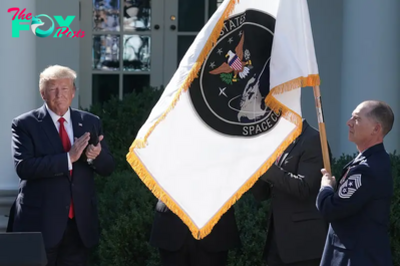
 Science2d ago
Science2d agoHere’s What Trump’s Win Means for NASA
-
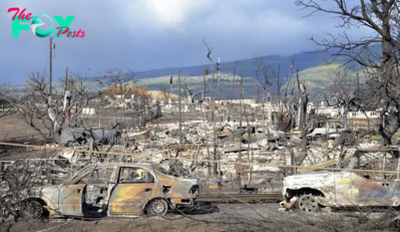
 Science5d ago
Science5d agoWhy Risky Wildfire Zones Have Been Increasing Around the World
-
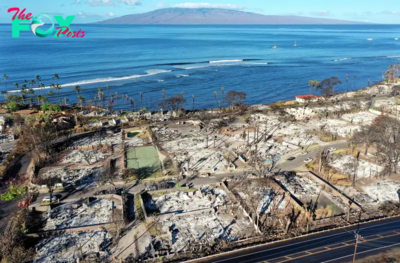
 Science6d ago
Science6d agoIt’s Time to Redefine What a Megafire Is in the Climate Change Era
-
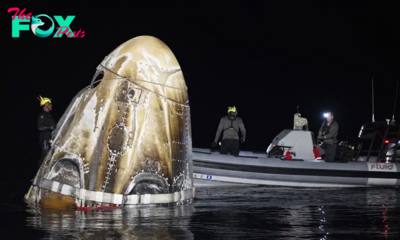
 Science1w ago
Science1w ago4 Astronauts Return to Earth After Being Delayed by Boeing’s Capsule Trouble and Hurricane Milton
-
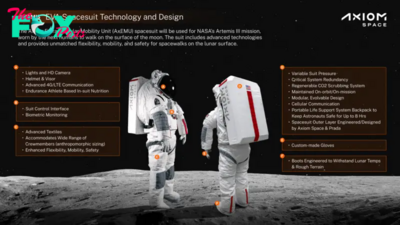
 Science1w ago
Science1w agoThe Elegance and Awkwardness of NASA’s New Moon Suit, Designed by Axiom and Prada
-
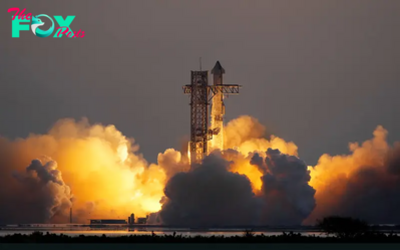
 Science1w ago
Science1w agoSpaceX Launches Its Mega Starship Rocket. This Time, Mechanical Arms Catch It at Landing
